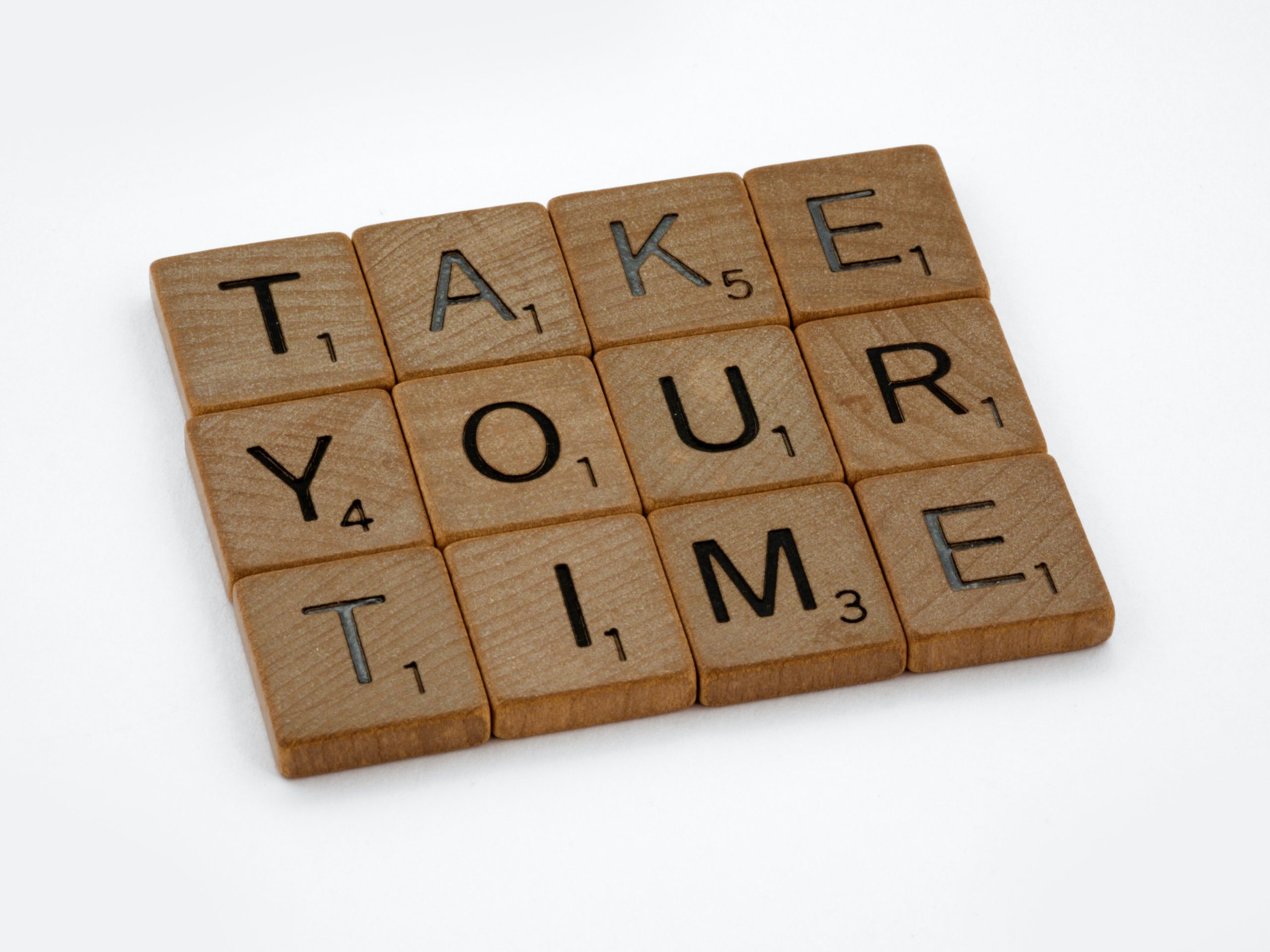The antidote to being reactive

As a keen amateur tennis player, I play a lot of doubles. When you and one or both of your opponents are at the net, things can get fast and furious as you volley the ball back and forth.
It can be great fun but it can feel like you’re playing on reflex – reacting rather than thinking about what you’re doing.
How often can exchanging emails feel like fast and furious volleying? You hear a ping, you check your inbox and there’s an email that raises your hackles. You rush to reply, there’s another ping as the reply comes in almost immediately and, before you know it, you’re in a game of email tennis and working yourself into a lather.
Create the space to choose your response
There is a well-known quote often attributed to Viktor Frankl and popularised by Stephen Covey* : “Between stimulus and response there is a space. In that space is our power to choose our response. In our response lies our growth and freedom.”
Victor Frankl was a Jewish psychiatrist imprisoned in a German concentration camp in the Second World War. His entire family was killed except for his sister and he was subjected to many awful things, including torture.
One of the lessons Frankl shared in his book One Man’s Search for Meaning was that, whatever the circumstances, we can always choose how we react : “Everything can be taken away from a man but one thing : the last of the human freedoms – to choose one’s attitude in any given set of circumstances, to choose one’s way”.
Why it’s hard to stop being reactive
Frankl’s story is a far cry from tennis courts and emails. However, my experience is that we often either don’t realise or don’t believe that we can create space between a stimulus – for example, an email, a demand on our time or a perceived provocation – and our response.
Here’s some of the reasons why that might be :
- We can’t help ourselves. When we feel under pressure, our body activates our fight/flight response. Even though you’re not in a situation where you’re running from or fighting anything, your body will gear itself for action, predisposing you to act impulsively.
- We believe that we “have” to respond. We think that we don’t have a choice and that we are obliged to meet other people’s requests and demands. Underlying this behaviour is a fear that we’ll damage relationships if we let people down.
- We’re afraid that, if we don’t respond immediately, people will think we’re inefficient or incompetent. Dare I say it, we might get a kick out of looking good by being so fast to respond.
Additionally, research has shown that 80% of people hold their breath or take shallow breaths when working on screens. Shallow breathing activates our fight/flight response as well as being a symptom of it which means you’re more likely to be reactive.
So how do you create more space between a stimulus and your response?
Pause and breathe. It’s likely you’re holding your breath or breathing from your throat or chest. Take a few deep breaths and notice where you are holding tension, releasing it with each exhale. Feel your feet on the ground. Then notice what’s different for you in relation to the stimulus you’ve been engaging with.
Step away. If it’s a situation where you can step away – for example, doing emails – remove yourself from the stimulus and shift your attention to something else. This will give you both physical and mental distance. Notice how you’re thinking and feeling when you’ve done this. Has the stimulus lost its emotional charge?
Examine your fears. What are you afraid will happen if you don’t respond immediately? Is there any truth to your fear? What would be the benefit of giving yourself space and time to consider your response?
Connect with what matters. What is most important here? What needs to get done? Does responding to the stimulus serve your priorities?
And, by the way, I would highly recommend switching off notifications if you’re getting pop-ups or pings.
Above all, know that you are in choice. Speed is over-rated. Take the time to choose how you respond, or whether you respond at all.
What do you think? Drop me a line at alison@alisonreid.co.uk.
*As Brene Brown pointed out at the end of her recent post, the origin of this quote is unclear. Read this post from Quote Investigator for a full-blown analysis.
Alison Reid is an executive and leadership coach who helps senior managers and directors lead with confidence and stay calm under pressure. She's the author of Unleash Your Leadership : How to Worry Less and Achieve More. Download an extract or buy the book.
Sign up to her mailing list to receive blogs like these direct to your inbox.
